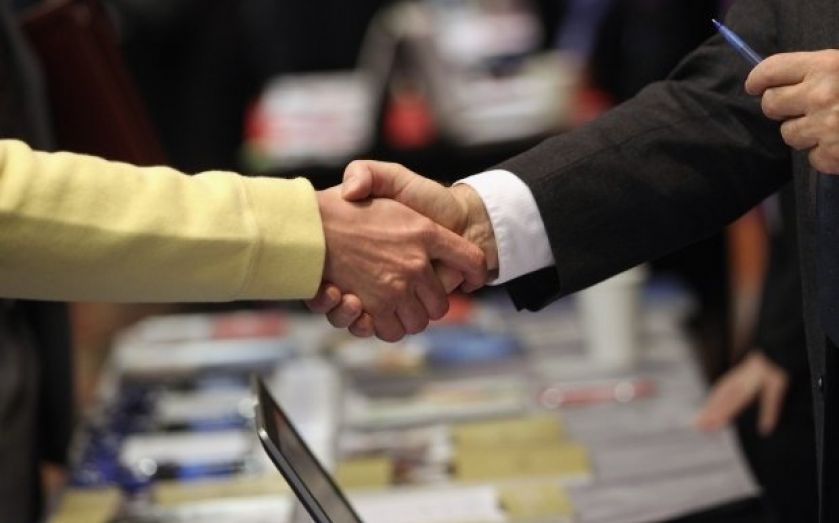Portes vs Lilico: Growth figures trigger inflation wager

News that UK GDP has grown by 2.3 per cent on a year-on-year basis has triggered a bet between two economists with very different outlooks.
Andrew Lilico, chairman of Europe Economics, and Jonathan Portes, director of think tank Niesr, made a wager back in May of last year.
The core disagreement between Lilico and Portes revolves around the amount of spare capacity in the UK. While Portes suggested there was plenty, Lilico disagreed.
Here are the terms of that bet, as written up by Portes:
Andrew's prediction is that if real GDP growth goes above 2% then inflation (as measured by the CPI) will rise above 5%, within 18 months.
So, for example, if GDP in the four quarters to the end of 2013 is more than 2% higher than GDP in the four quarters to the end of 2012, then Andrew's prediction is that the CPI will rise more than 5% at some point before the end of the second quarter of 2015.
The bet is £1000 (in 2012 pounds – after all if Andrew wins then 2015 pounds will be worth much less!).”
Lack of slack?
In Lilico’s view, strong GDP growth is a result of loose monetary policy, and has said that some think “spare capacity is not so large as the OBR hopes”.
If that’s true, too much money could chase too few goods, and prices will have to rise.
Portes however believes that “the UK has plenty of spare capacity, and is quite capable of sustaining a period of growth above the historical trend (about two per cent) without a sharp rise in inflation.”
It's an area that has become increasingly important as the Bank of England has phased out its quantitative focus on the unemployment rate for a more qualitative form of forward guidance.
Since February the Bank's interest-rate setting committee has switched focus to a fuzzier yardstick – spare capacity. And it's not just Lilico and Portes who have disagreed on the amount remaining in the UK's economy.
The April minutes of the Bank's Monetary Policy Committee reveal that "there was considerable uncertainty about the amount of slack remaining within the economy" and that members of the committee "had a range of opinions on this".
In February, Lilico suggested that UK growth is now "solid without getting carried away", which would be more compatible with Portes' analysis than his own. Yet Lilico noted that there is still "a way to go".
For my story to work we need solid real growth to trigger a) lending & broad money growth; & b) an investment spike. No sign yet. @jdportes
— Andrew Lilico (@AndrewLilico) February 5, 2014
Inflation at four and a half year lows
Annual inflation fell to 1.6 per cent (below the Bank of England’s target rate of two per cent) in the year to March. Much of the fall came from a reduction in the prices of clothing, furniture, and household goods.
Of course, a surprise political decision could see Lilico win the bet as well. Controlled prices – rises in things like tuition fees and fuel duty – often see inflation jump sharply.
Bank of England governor Mark Carney has acknowledged that such rises in “administered and regulated” prices have posed an obstacle in bringing inflation down.
So if chancellor George Osborne announces a surprise (and sufficiently large) VAT hike then Lilico may walk away £1000 richer – in real terms of course.
Not the first economics wager
This is by no means the first bet between rival economists. Alex Tabarrok has argued that such gambles represent a “tax on bullshit”.
The most famous is probably the Simon-Ehrlich wager, which saw Julian Simon and Paul Ehrlich bet on the prices of commodities.
In order to make a point about resource scarcity, Simon said that the price of a five commodity metals – copper, chromium, nickel, tin, and tungsten – would fall from 1980 to 1990.
Ehrlich was defeated as all five lost value during the period.
A previous version of this post assumed that the wager referred to QX-on-QX, rather than Y-o-Y growth.